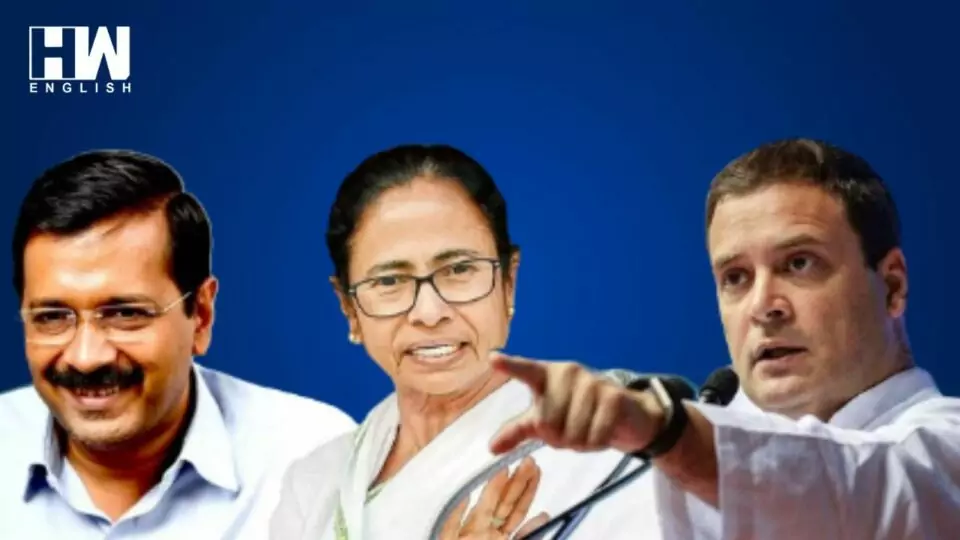The one discussion that will be constant for the next five months will be about the 2024 Lok Sabha Elections. Before the campaigning for the biggest festival of democracy starts, political parties will undergo an essential and very complex process: seat sharing.
The opposition INDIA alliance currently comprises of 28 parties. The INDIA alliance has met four times, and one concern that continues to remain is seat sharing.
The Congress is currently the largest opposition party in the INDIA fold but faces a massive hurdle of seat sharing in at least three states.
Punjab: In Punjab, the ruling Aam Aadmi Party (AAP) and the prime opposition (3) Congress have said they will field candidates in all 13 seats. Congress and the AAP contested all 13 seats in Punjab in 2019. The Congress won 8. Meanwhile, the AAP could only manage to win one seat.
The second state is West Bengal. According to reports, The TMC is adamant that the party is ready to give up to two seats to the Congress.
But this appears unacceptable to the Congress. A senior leader of the state unit has also conveyed to the high command that the party is equipped to go solo. Last time, the Congress could only win two out of the 42 seats, and the TMC bagged 22 seats.
Maharashtra. 2nd in terms of constituencies.With 48 Lok Sabha seats. A contest will be exciting because a combination of Shiv Sena- NCP- Congress, and probably VBA will be fighting together for the first time.
The Congress has denied Shiv Sena UBT’s demand of 23 seats. In 2019, the united Shiv Sena contested 23 seats and managed to win 18 of them. But this time, the difference is after the split, Uddhav currently has the support of only 6 MPs.
Still, the Shiv Sena is the bigger party in terms of numbers, as Sharad Pawar’s NCP has the support of 2 MPs, and the Congress has 1.
These are the three states in which Congress will likely face hurdles while negotiating seats. Delhi will also be a challenge where both the AAP and Congress are on zero.
As an independent media platform, we do not take advertisements from governments and corporate houses. It is you, our readers, who have supported us on our journey to do honest and unbiased journalism. Please contribute, so that we can continue to do the same in future.

